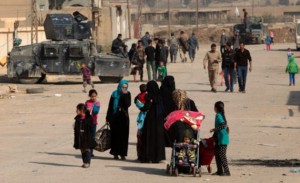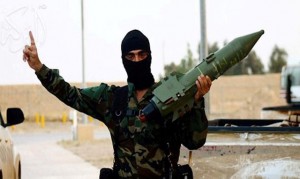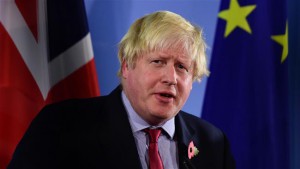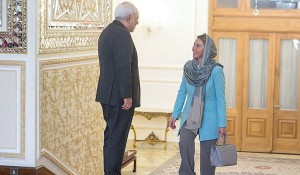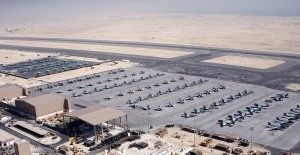Families fleeing Mosul as Iraqi forces move in are taking their “official” documents with them but also wondering who will recognise the stamp of the Islamic State group.
From the outside, the “caliphate” IS proclaimed in June 2014 could look like a lawless land run by maniacal jihadists on a permanent murderous rampage.
But two years later, surviving civilians were also emerging from a parallel state where people were born, married and buried and where an army of registrars produced “official” documents.
In Mosul’s freshly retaken eastern neighbourhood of Intisar, Umm Ahmed, wearing a veil that shows only her eyes, waved her husband’s death certificate.
She stayed two years without any news of him and it was only when the jihadists recently gave her this paper that she knew he had probably been executed.
The certificate had “Islamic State – Caliphate” letterhead under the group’s black flag and was produced by the “Diwan of Justice”.
Since IS leader Abu Bakr al-Baghdadi declared himself the caliph in Mosul more than two years ago, residents have had to adapt their vocabulary to the new regime, said Umm Ibrahim.
“There were no ministries, there was a ‘diwan’ of health and a ‘diwan’ of justice,” she explained, using the term IS borrowed from the early Muslim caliphates for its government departments.
The 49-year-old had to deal with the “diwan of justice” when her son was married.
“We had to go to the Islamic court and an Islamic State sheikh officiated the marriage,” she recounted.
“Nobody spoke Mosul Arabic there, they all spoke Arabic but accents were from all over,” said Umm Ibrahim.
Mosul, with a pre-2014 population of close to two million by some estimates, was the largest city in the caliphate when Baghdadi proclaimed it in June 2014.
With Raqa, the Syrian city which is also under attack from anti-IS forces, Mosul became the de facto capital of the jihadist group’s experiment in statehood.
– ‘Everything is forbidden’ –
The group divided territory it held into “wilayat” or states that in some cases do not follow either country’s existing administrative map.
They ran hospitals, schools, levied taxes and distributed benefits, following principles they claimed to be faithful to the early days of Islam.
But to most Iraqis, that regime was simply extortion under the guise of religion.
They had created “a state within the state, with laws, contracts and regulations with which you had to comply,” said Umm Ibrahim.
After several fines, Mohammed had to close down his cafe, which used to be filled with cigarette smoke, music and locals playing pool and dominos every night.
“For the Islamic State, I have everything that is (religiously) forbidden: pool is forbidden, cigarettes are forbidden, cafes are forbidden,” he said, laughing.
He paid a fine of 50 US dollars the first time, the second was double the amount and eventually he closed down.
“It was that or prison time and lashes,” said his neighbour Ammar, a 43-year-old whose children have not been to school in two years.
“Their school is just brainwashing. They kept telling the children: ‘Go to the mosque to swear allegiance to Baghdadi’,” he said.
Even hospitals became a revenue-generating operation for the jihadists, Ammar said.
“Everything came at a price for people like us, but they would get surgery for free. We had to pay all the time,” he ranted, pulling up one of his children’s shirt to show a scar resulting from surgery he said cost him his savings.
Nofa Salem and her husband also went to the Islamic court to register their marriage and not risk being arrested, or even executed, for adultery.
The young couple intentionally did not register the birth of their six-month-old daughter.
Now that they left the “caliphate”, they hope she can get a birth certificate that does not bear the jihadists’ black flag.
iafrica.com
